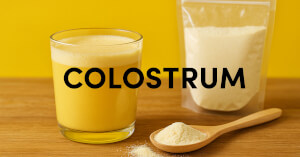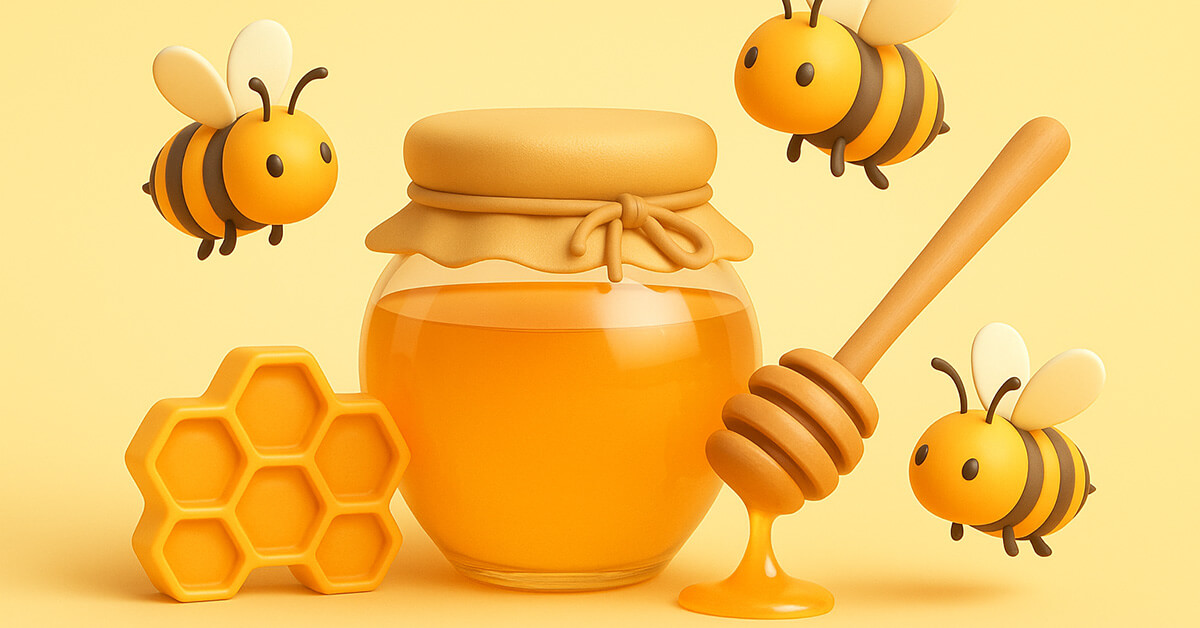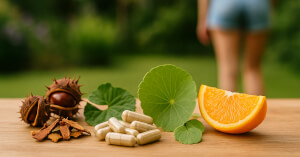
9 Surprising Benefits of Honey for Your Health

Honey isn’t just another sweetener you stir into tea or drizzle over pancakes, it’s one of the oldest natural remedies known to humankind. For thousands of years, cultures across the globe have valued honey not only for its taste but for its healing properties. Modern science is now giving us a clearer picture of why this golden nectar deserves a place in both your kitchen and your wellness routine. Let’s explore nine surprising honey benefits you probably didn’t expect.
1. Packed with Antioxidants
Antioxidants are your body’s defense squad against oxidative stress, and honey is loaded with them. Flavonoids and phenolic acids — two powerful types of antioxidants — help reduce cell damage caused by free radicals. Why does this matter? Because oxidative stress is linked to aging, inflammation, and chronic diseases like heart disease. Interestingly, darker honeys, such as buckwheat or manuka, tend to contain even higher levels of antioxidants, making them a stronger ally for your health.
✔️ How to use it: Choose darker raw honeys and add a teaspoon to tea, smoothies, or drizzle over fruit for an antioxidant boost.
2. Promotes Wound Healing
Long before antibiotics existed, honey was a go-to remedy for wounds and burns. Today, science supports what ancient healers knew. Honey creates a moist, protective barrier over wounds, reducing infection risk while promoting tissue repair. Medical-grade honeys, especially Manuka honey, are widely used in clinics for treating burns, ulcers, and even post-surgical wounds. It’s one of those rare traditional remedies that has stood the test of both time and clinical research.
✔️ How to use it: Apply medical-grade honey directly to minor cuts, burns, or skin irritations, then cover with a clean dressing.
3. Soothes Sore Throats and Coughs
We’ve all been told to take a spoonful of honey when we’re sick — and there’s good reason for it. Honey forms a soothing coat over the throat, calming irritation, while its antimicrobial compounds help reduce infection. Clinical trials show that honey can be just as effective as over-the-counter cough syrups, particularly in children. In fact, the World Health Organization lists honey as a recommended natural cough treatment for kids over one year old. Parents often notice that a simple teaspoon before bedtime can ease nighttime coughing and help everyone get more sleep.
✔️ How to use it: Take 1 teaspoon before bed or stir into warm lemon water to calm coughing and soothe a sore throat.
4. Strengthens the Immune System
While honey isn’t a magic bullet, it does provide subtle support to your immune system. Its natural antibacterial and antifungal compounds help your body fight off invading pathogens. Some studies also suggest honey may stimulate the production of immune cells, giving your defenses an extra nudge. That’s why many people instinctively reach for honey during cold and flu season. It’s not a cure, but it’s a comforting, science-backed ally when your immune system needs a boost.
✔️ How to use it: Take 1 tablespoon of raw honey daily, either on its own or mixed into warm tea during flu season.
5. Supports Digestive Health
Beyond its sweetness, honey plays a role in digestive wellness. It acts as a natural prebiotic, feeding the beneficial bacteria in your gut. These bacteria are key to healthy digestion, better nutrient absorption, and even mood regulation. Research has shown that honey can help suppress harmful bacteria like Helicobacter pylori (linked to ulcers) while encouraging the growth of beneficial microbes. In traditional medicine, honey has long been used to ease indigestion, and now we understand part of the reason why.
✔️ How to use it: Mix 1 tablespoon of honey into warm water or yogurt in the morning to support gut health.
6. Provides a Natural Energy Boost
Honey is essentially liquid energy. The mix of glucose and fructose makes it a quick, efficient fuel for both the brain and the muscles. That’s why endurance athletes sometimes prefer honey over commercial gels or sports drinks. It delivers fast energy without the artificial additives. Of course, it’s still sugar, so moderation matters. But if you’re looking for a natural pre-workout boost, a spoonful of honey or honey-sweetened oats can do the trick.
✔️ How to use it: Take 1 tablespoon before exercise, or stir into oatmeal for steady energy release.
7. Enhances Skin Health
Honey has been a beauty staple for centuries, and modern skincare brands continue to rely on it for a reason. Applied topically, honey is a humectant, meaning it attracts and retains moisture — perfect for hydrating the skin. It also has antimicrobial properties, making it useful for acne-prone skin. Some dermatologists even recommend honey-based treatments for eczema or psoriasis. Whether in a DIY face mask or a luxury cream, honey brings both softness and protection to the skin barrier.
✔️ How to use it: Apply a thin layer of raw honey as a face mask for 15 minutes before rinsing with lukewarm water.
8. May Benefit Heart Health
Heart health is complex, and no single food can do it all. Still, honey may play a small role in supporting cardiovascular wellness. Research suggests honey may lower total cholesterol, reduce triglycerides, and improve HDL (the “good” cholesterol). Its antioxidants may also help protect arteries from oxidative stress, which contributes to plaque buildup. Replacing refined sugar with honey might not cure heart disease, but it could make your sweet indulgences a little friendlier to your heart.
✔️ How to use it: Replace refined sugar in tea, coffee, or baking with small amounts of honey to reduce your intake of processed sugar.
9. A Better Alternative to Refined Sugar
Honey is still sugar. A tablespoon has about 64 calories, while white sugar has around 49. But honey also has a lower glycemic index, so it won’t spike blood sugar as sharply. On top of that, it provides trace minerals, enzymes, and antioxidants that refined sugar lacks. It doesn’t mean you should drizzle it on everything, but if you’re sweetening tea or yogurt, honey is the smarter choice.
✔️ How to use it: Use 1–2 teaspoons in place of table sugar in drinks or recipes for a healthier sweetener option.
Final Thoughts
Honey is more than a comfort food, it’s a natural product with a remarkable range of health benefits. From soothing sore throats and supporting digestion to enhancing skin health and potentially protecting the heart, honey has earned its place in both tradition and science. Next time you stir honey into your morning tea or use it on toast, remember: you’re not just adding sweetness, you’re adding centuries of natural wisdom backed by modern evidence.
References
- World Health Organization. Cough and cold remedies for the treatment of acute respiratory infections in young children. WHO, 2001.
- National Institutes of Health. Honey as a topical treatment for wounds. NCBI, PubMed (PMID: 24305429).
- Al-Waili N, Salom K, Al-Ghamdi A. Honey for wound healing, ulcers, and burns: data supporting its use in clinical practice. Scientific World Journal, 2011.
- Kwakman PH, Zaat SA. Antibacterial components of honey. IUBMB Life, 2012.
- Yaghoobi R, Kazerouni A. Evidence for clinical use of honey in wound healing as an anti-bacterial, anti-inflammatory and antioxidant agent. Jundishapur Journal of Natural Pharmaceutical Products, 2013.
This article was originally published on Stackbb, your trusted source for science-based supplement guides.







